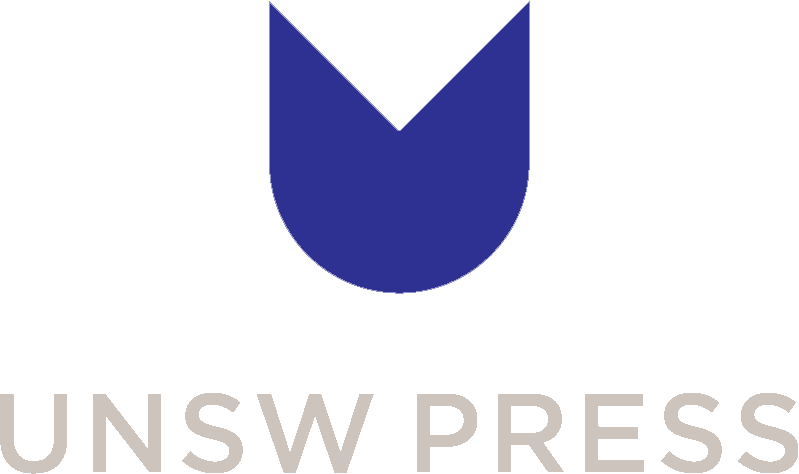**Winner, Screen Research Network Outstanding Monograph Award, 2022**
Telling a story is simple, right? You take a ‘hero’ and send them on a ‘journey’. There’s a beginning, middle and an end. But what if your story doesn’t fit into that basic structure?
In Beyond the Hero’s Journey, BAFTA award–winning screenwriter Anthony Mullins presents an accessible, versatile and highly visual alternative to writing that dramatically expands the range of narratives open to writers, both emerging and experienced.
Fun and easy-to-use, this book looks at much-loved films from around the world, including Moonlight, Lady Bird, The Social Network, The Godfather, A Fantastic Woman, Mulholland Drive, Shoplifters, Amour, Inside Llewyn Davis and Call Me By Your Name, to teach you the ins and outs of writing for the screen through identifying and taking control of character arcs.
Beyond the Hero’s Journey is for every writer who has felt frustrated by the neat confines of writing guides. It will teach you to explore and excel in telling more complex, intricate and authentic stories — and show you how to share your own distinctive, original voice with the world.
‘Essential. Don’t start writing scripts without it. And if you’re writing scripts already, read it to explode every existing assumption. Modern, relevant, fresh, this book unpacks the shows and movies we’re watching now. Anthony Mullins isn’t just someone who inhales stories, but gets what they’re doing – and nails what we can learn from them. There’s so much here I wish I knew when I started screenwriting. Hell, there's so much that's helped me refine the TV show I’m writing ... right now.’ — Benjamin Law, creator/writer of The Family Law
‘Beyond the Hero’s Journey will inspire you to rethink screenwriting. Written in a readable, conversational voice and drawing on Hollywood, independent and international scripting examples, it challenges us to focus on character arcs as the screenplay’s central organising principle. It finds in arcs not only external action, but the deepest levels of internal characterisation. I cannot recommend Anthony Mullins’ approach enough; he has found a powerful path to the heart of story.’ — Jeff Rush, co-author of Alternative Scriptwriting: Beyond the Hollywood Formula
‘For decades now, screenwriting manuals have almost religiously followed the principles of “the hero’s journey” and the “three-act structure”. Both great frameworks ... but only for a certain type of storytelling. In this “peak TV” era of long-form, ensemble storytelling, with its non-linear structures and anti-heroes, writers are crying out for new ways of analysing story. In this hugely engaging book, Anthony Mullins breaks down an extraordinary array of films, unveiling new analytical tools that are insightful, practical and, best of all, that just might inspire you to write something genuinely original.’ — Michael Lucas, creator/writer of Five Bedrooms, The Newsreader and Party Tricks
‘Beyond the Hero's Journey is a wonderfully fresh approach to screenwriting and story craft. Anthony Mullins is masterful at marrying large ideas about creativity with a practical, down-to-earth approach to writing. His love of screenwriting, both film and television, is clear in the way he approaches the material, resulting in an enjoyable and thought-provoking read for all experience levels.’ — Warren Clarke, co-creator/writer of The Heights
‘The "hero's' journey" is a story as old as time, and the template for analysing it feels even older. Time for a revamp! Enter Anthony Mullins. His thoughtful and contemporary take on crafting and critically examining story and character is a relief to read. If our common goal as makers is to refocus attention on history's forgotten players and stories, then we have to change how we study them. Mullins provides us with new tools for excavating the psychology of characters who don't exactly know what they want and don't always change in a linear direction (or at all). It's a joy to read and a necessary evolution in critical analysis.’ — Meg O’Connell, co-creator/writer of Retrograde
Read the review in GLAM Adelaide here

